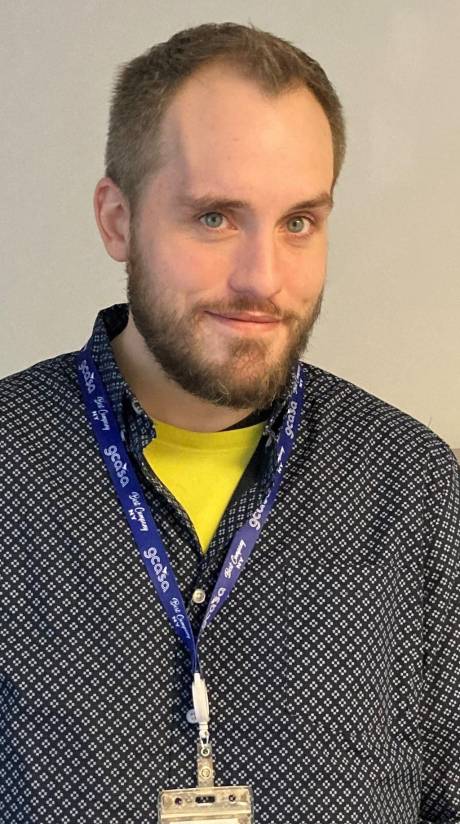
Nearly one in five overdose deaths involve cocaine, one of a host of drugs (both illegal and legal) that are categorized as psychostimulants. More than 5 million Americans reported cocaine use in 2020, which is almost 2 percent of the population, and an estimated 6 million people misused prescription stimulants, such as amphetamines, in the past year.
The misuse of psychostimulants has spread to all populations in all settings, significantly contributing to the overdose epidemic in the U.S.
Locally, the professionals at Genesee/Orleans Council on Alcoholism and Substance Abuse have recognized the impact of drugs such as cocaine, methamphetamine, ecstasy and prescription stimulants (brand names Adderall, Ritalin, etc.), and the nonprofit agency has received funding through the Health Resources and Services Administration Rural Communities Opioid Response Program – Psychostimulant Support.
The grant, $500,000 for three years through July 2025, will allow GCASA to provide treatment and recovery services to those with psychostimulant use disorder along with prevention education strategies to address the condition and to reduce stigma associated with the disease.
Amy Kabel, assistant director of Grants & Projects, has been assigned as the HRSA RCORP-PS project director; Jarett LoCicero, (photo at left), has been hired as the project coordinator, and Lisa Schutt has been appointed as the project’s lead counselor. GCASA is accepting resumes for the prevention educator position and for peer advocate positions attached to the grant.
Already, project leaders have linked to a consortium that includes Genesee County Mental Health, Orleans County Mental Health, Oak Orchard Health and Lake Plains Community Health, and have started a community support group that meets from 2-3 p.m. every Tuesday at the County Building on East Main Street Road, Batavia.
“The program is very person-centered and we focus on connecting people to what they want and need to overcome the disorder and be successful in their recovery,” LoCicero said. “We understand that there is a huge mental health component and are fortunate to be able to partner with the agencies in our consortium.”
LoCicero said the grant opens the door for GCASA to expand its “continuum of care” philosophy that encompasses treatment, recovery, prevention, maintenance, transportation and supportive living programs.
“Psychostimulant use, cocaine and crack cocaine as well as meth, is an ever-increasing problem, especially among young people and those in “commonly overlooked populations such as the LGBTQ and Black communities,” he said. “Our goal is to reach as many people as we can.”
Kabel, a four-year employee at GCASA, said the project will be successful “because Jarett (who is in recovery) is very focused and understands what substance use disorder is all about.”
She said that more people are hearing about the support group and that residents of both Genesee and Orleans counties are in counseling programs led by Schutt.
The HRSA RCORP-PS project at GCASA offers prevention, treatment, and recovery services specific to individuals who struggle with psychostimulants. Those services include 24/7 peer support, case management, support group, transportation, recovery activities, wellness and fitness, parent and family support, insurance/resource navigation, hepatitis/HIV navigation and naloxone training.
Transportation to the support group at The Recovery Station is available by checking the schedule on The Recovery Station calendar on Facebook or by calling LoCicero at 585-664-4146.
Disclosure: Mike Pettinella is the publicist for GCASA.
